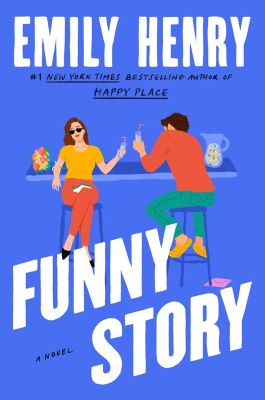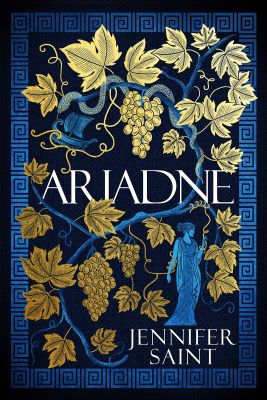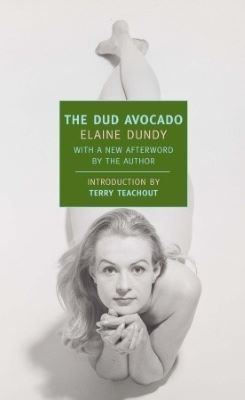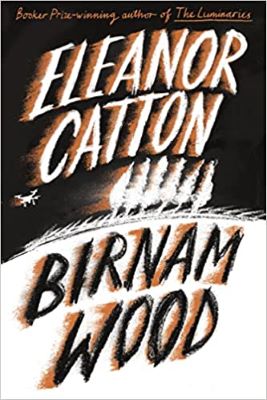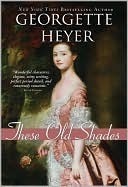I listened to a short story by Dervla McTiernan while driving to a holiday spot. So when this one popped up on Borrowbox I thought why not?
Here’s the blurb …
For fans of the compulsive psychological suspense of Ruth Ware and Tana French, a mother daughter story—one running from a horrible truth, and the other fighting to reveal it—that twists and turns in shocking ways, from the internationally bestselling author of The Scholar and The Ruin.
First Rule: Make them like you.
Second Rule: Make them need you.
Third Rule: Make them pay.
They think I’m a young, idealistic law student, that I’m passionate about reforming a corrupt and brutal system.
They think I’m working hard to impress them.
They think I’m here to save an innocent man on death row.
They’re wrong. I’m going to bury him.
I listened to this one as well. It was good and unexpected (which is what I want in a crime novel). The characters were well-rounded and sympathetic (the ones that should be sympathetic). It had a nice structure with diary entries from Laura (from the past) and chapters from Hannah’s perspective.



